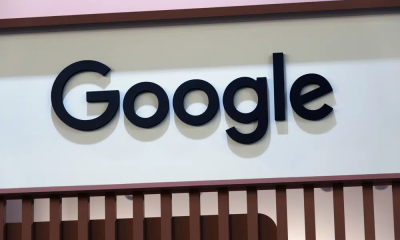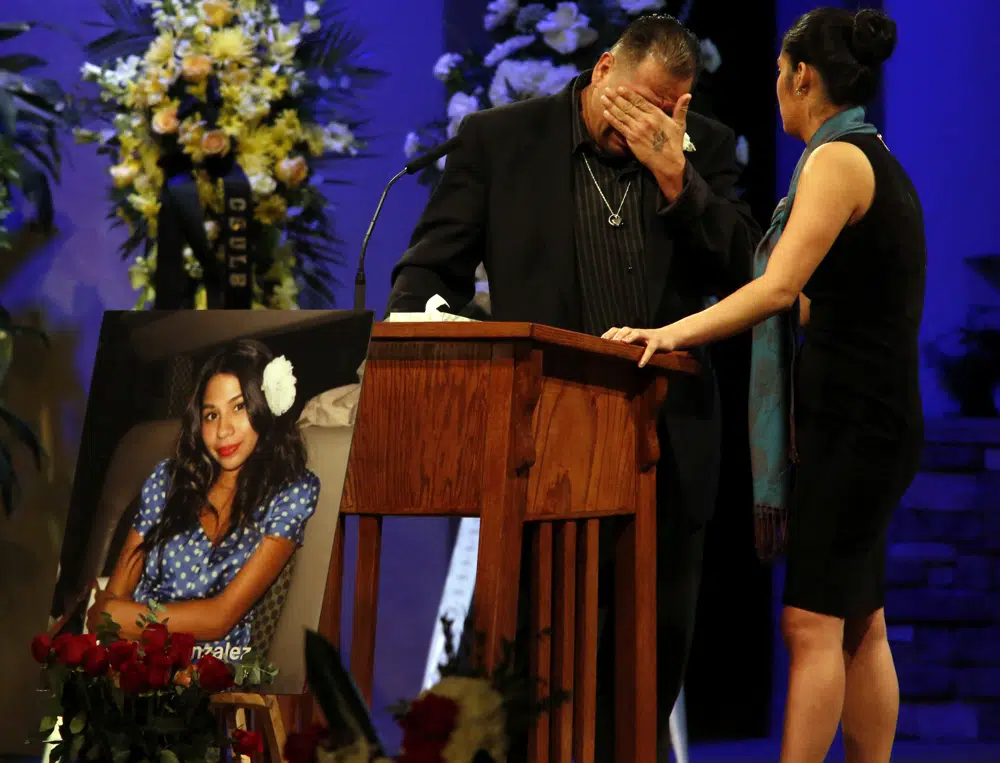Search
Supreme Court weighs Google’s liability in ISIS terror case
More in Search
-


Google to cut down on employee laptops, services and staplers for ‘multi-year’ savings
Ruth Porat, Google’s finance head, recently announced in a rare companywide email that the...
-


Google to expand misinformation ‘prebunking’ in Europe
Google will launch a new campaign in Germany to help people there become more...
-


Best of CES 2023: Wireless TV, delivery robots and in-car VR
Tech companies of all sizes are showing off their latest products at CES, formerly...
-


Best 7 Tech Inventions of All-Time
Throughout history, technological inventions have had a profound impact on society, changing the way...




